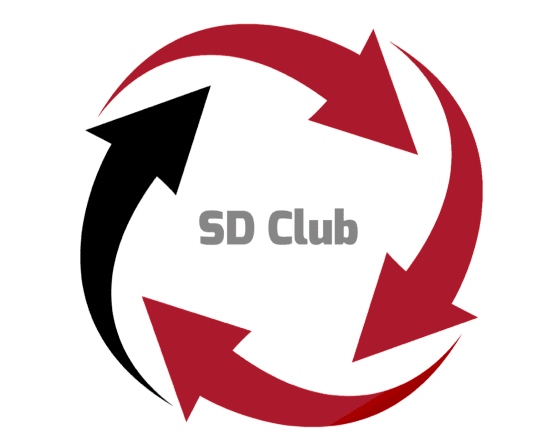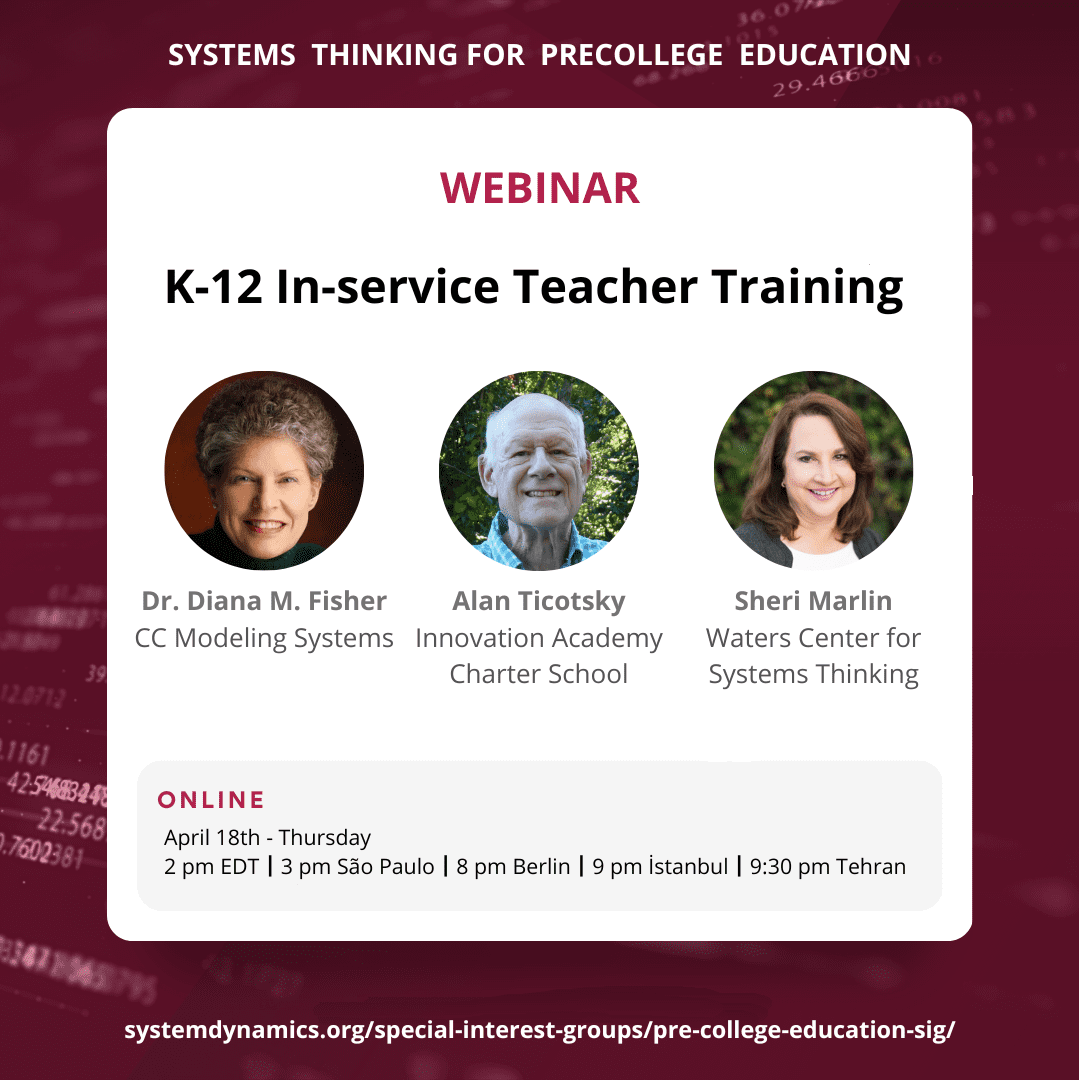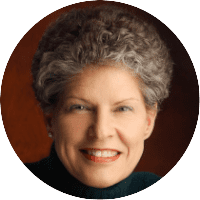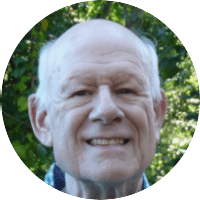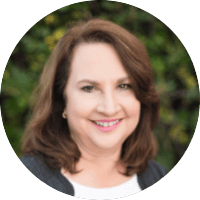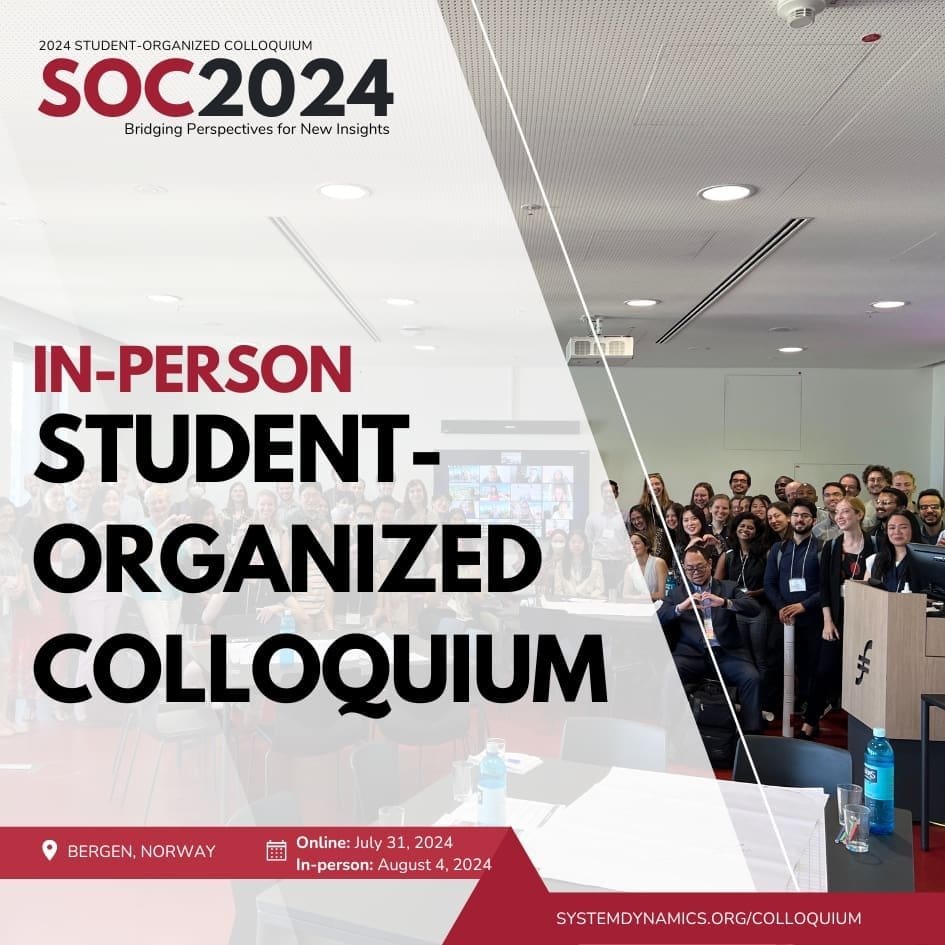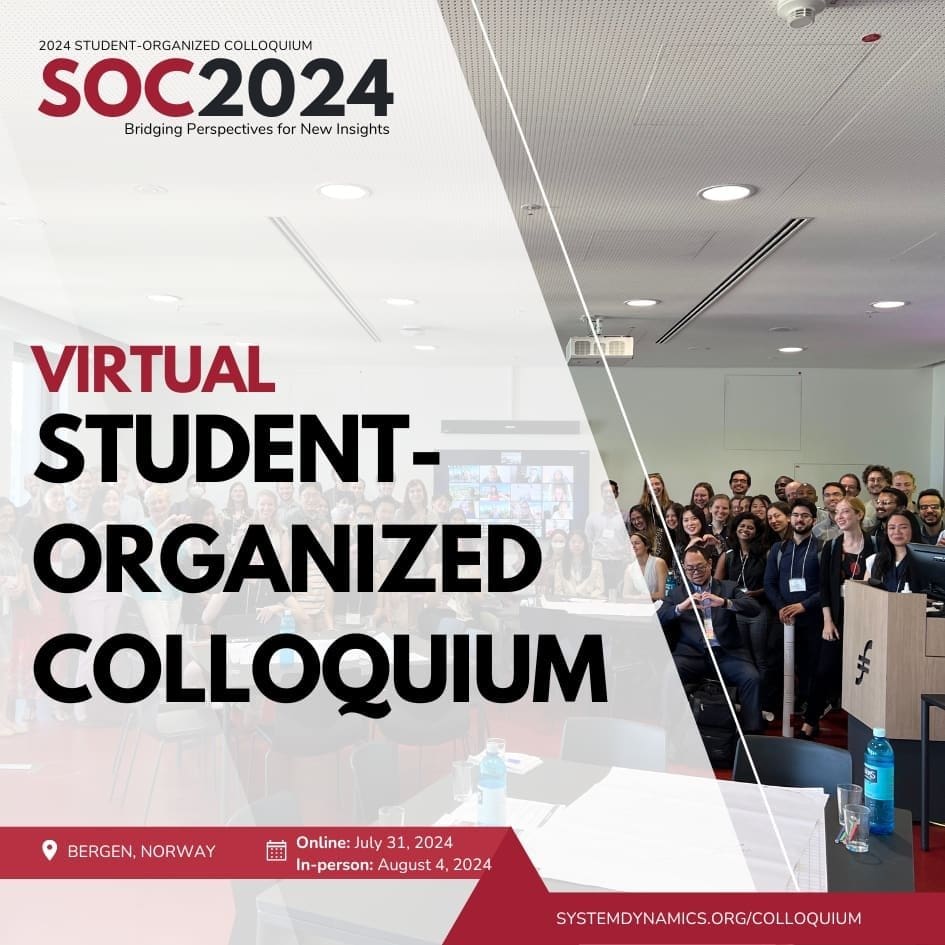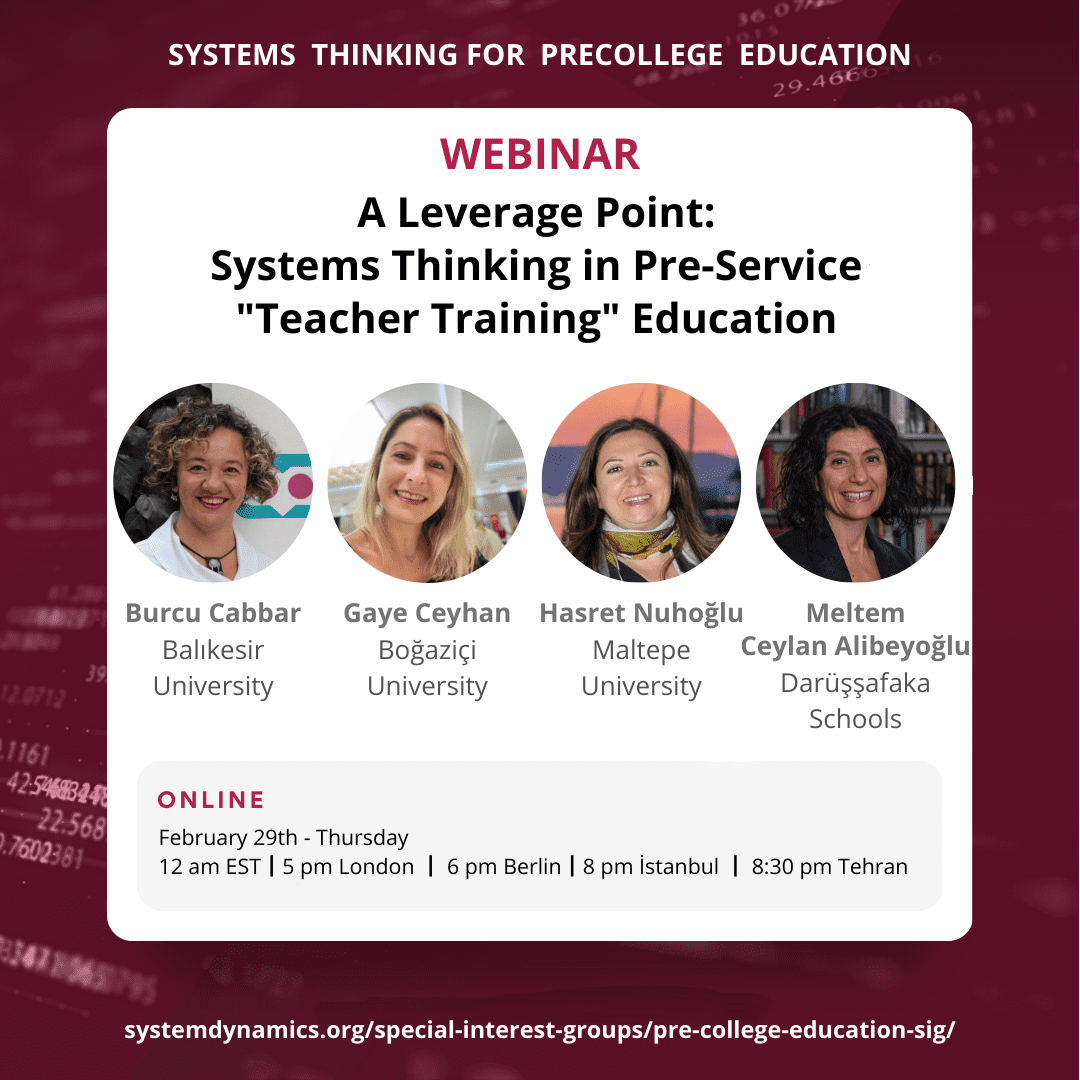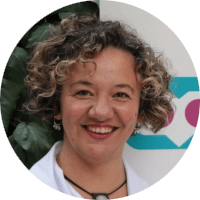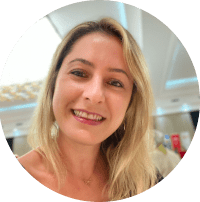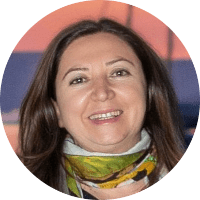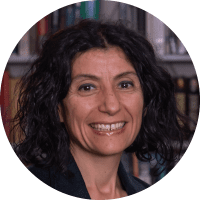Networking Session – (Natural) Resource Sharing
Please join us online Tuesday, April 30th 8PM ET (Boston time. Here is a time converter). See the “Join” button at the bottom of this page for the meeting link.
In this Collective Learning Meeting (CLM), WPI System Dynamics, the SDS Environmental SIG, Water SIG and Transboundary Groundwater Resilience (TGR) Network of Networks will co-host a
Networking Session – (Natural) Resource Sharing
We will have a round of introductions and then discuss
- Sharing System Dynamics literature, models, etc. (Some of which may be on sharing natural resources!)
- Sharing other types of resources (e.g. data, one’s time to serve one’s professional or academic community, etc.)
- Anything else the group wishes
We will not record this session but will take notes and share them. You can view the frequently asked questions (FAQ) from these sessions and more on our website.
If you are interested in presenting your work in a future CLM, please contact Christine Tang (ctang@wpi.edu).
Tentative Schedule
https://wp.wpi.edu/lcsap/events/collective-learning-meetings-clm/
Telephone details: https://bit.ly/CLM-2024-04-30
K-12 In-service Teacher Training
Dear Colleagues,
We are excited to invite you to our free webinar entitled ‘K-12 In-service Teacher Training’ on Thursday, April 18, at 2:00 p.m. EDT.
In the previous webinar, we shared experiences on systems thinking practices in the education of pre-service K-12 teachers. The topic of this webinar is to present strategies for exposing in-service teachers to systems thinking and system dynamics topics, models, lessons, and practices that have been successful in the past. During the webinar, we plan to share experiences about systems thinking training of high school, middle school, primary school and kindergarten teachers.
We strongly encourage you to come prepared with questions, contributions, suggestions, and ideas. Your insights will not only enrich the discussions but also provide a platform for collaborative learning and exploration.
We look forward to your active participation in this webinar. Let’s explore the world of systems dynamics together and uncover innovative ways to enhance education.
Best regards – the SIG leadership team.
| Diana Fisher Ülkem Yararbaş Burcu Güngör Cabbar Chang-Kwon (Benjamin) Chung Donald DeLand Ed Gallaher Emre Göktepe Gaye D. Ceyhan |
Matilde (Lin Ya) Hong Meltem C. Alibeyoğlu Prof. Dr. Min-Ren Yan Özgün Kurt Çetinkaya Sena Yıldız Değirmenci Steven Roderick Şebnem F. Gezer |
Ivan Taylor on “Building System Dynamics Models in Microsoft Excel”
Please join us online Friday, March 29th 11AM ET (Boston time. Here is a time converter).
In this Collective Learning Meeting (CLM), WPI System Dynamics will host Dr. Ivan Taylor (ivan@policydynamics.ca) who will present
Building System Dynamics Models in Microsoft Excel
Short Description: Discover the step-by-step process of creating System Dynamics models using Microsoft Excel. Learn how to apply Excel to accurately represent real-world systems using System Dynamics models.
Biography: Ivan Taylor worked as a Defence Scientist in the Centre for Operational Research in Defence Research and Development Canada for over 33 years. He is President and Senior Researcher at Policy Dynamics Inc., established in 2001 (www.policydynamics.ca). He is a member of the System Dynamics Society since 1997 where he is a one-on-one mentor to young people Worldwide. He is also a member of the Canadian Operational Research Society and the International Council on Systems Engineering (INCOSE). He is the Director of Membership of INCOSE Canada. He has a PhD in Public Policy and an MSc in Information and Systems Science from Carleton University in Ottawa. He recently worked with the US Army to develop policies to reduce soldier suicides and is currently working with a construction company in Southern Ontario on Indigenous Engagement and Inclusion. There is more information on his LinkedIn page https://www.linkedin.com/in/ivantaylor/.
Question for the Audience
Would the use of Excel to implement System Dynamics models help you communicate with laypeople?
We will record this session and post it on the WPI SD Club YouTube channel for the public.
If you are interested in presenting your work in a future CLM, please contact Christine Tang (ctang@wpi.edu).
Call-in details: https://bit.ly/CLM-2024-03-29
IN-PERSON | Student-Organized Colloquium 2024
The Student-Organized Colloquium is a free event organized by the Student Chapter
Online: July 31, 2024 (Register here)
In-Person: August 4, 2024
The event brings together students, practitioners, and professionals from different industries to share ideas, projects, and develop our modeling skills. An expert keynote, student plenary presentations, modeling workshop to develop in progress student work, and table talk poster sessions will round out a day dedicated to skill development.
For more information, please visit the Student-Organized Colloquium page
Submit your papers by March 19th.
Please join us when (and where) you are able!
*Participants who require a visa to enter Norway need to register for an in-person ticket to ISDC 2024.*
VIRTUAL | Student-Organized Colloquium 2024
The Student-Organized Colloquium is a free event
Online: July 31, 2024
In-Person: August 4, 2024 (Register here)
The event brings together students, practitioners, and professionals from different industries to share ideas, projects, and develop our modeling skills. An expert keynote, student plenary presentations, modeling workshop to develop in progress student work, and table talk poster sessions will round out a day dedicated to skill development.
For more information, please visit the Student-Organized Colloquium page
Submit your papers by March 19th.
Please join us when (and where) you are able!
Participants who require a visa to enter Norway need to register for an in-person ticket to ISDC 2024
Student-Organized Colloquium 2024
The Student-Organized Colloquium is a free, two-day online (Wed, July 31st) and in-person event (Sun, August 4th) organized by the Student Chapter. The event brings together students, practitioners, and professionals from different industries to share ideas, projects, and develop our modeling skills. An expert keynote, student plenary presentations, modeling workshop to develop in progress student work, and table talk poster sessions will round out a day dedicated to skill development.
For more information, please visit the Student-Organized Colloquium page
Submit your papers by March 19th.
Please join us when (and where) you are able!
*Participants who require a visa to enter Norway need to register for an in-person ticket to ISDC 2024.*
A Leverage Point: Systems Thinking in Pre-Service “Teacher Training” Education
Dear Colleagues,
We are excited to invite you to our free webinar entitled ‘A Leverage Point: Systems Thinking in Pre-Service “Teacher Training” Education’ on Thursday, February 29, at 12:00 noon EST.
We consider courses that train pre-service precollege teachers to be one of the most critical places impacting in the formation of system citizens. The professors teaching these courses ultimately determine the criteria for topics and methods to be included within the curriculum and the criteria for student academic success.
The infusion of systems thinking in courses that train pre-service precollege teachers has the potential to be one of the most influential points on Donella Meadows’ list of places to intervene in a system, that is, the purpose of the system.
In this webinar, the experiences gained from the experiments carried out in precollege pre-service teacher training courses in Türkiye since 2019, the work done and plans for the future will be shared and a collaborative discussion environment will ensue where the presenters offer suggestions for those who want to undertake similar projects.
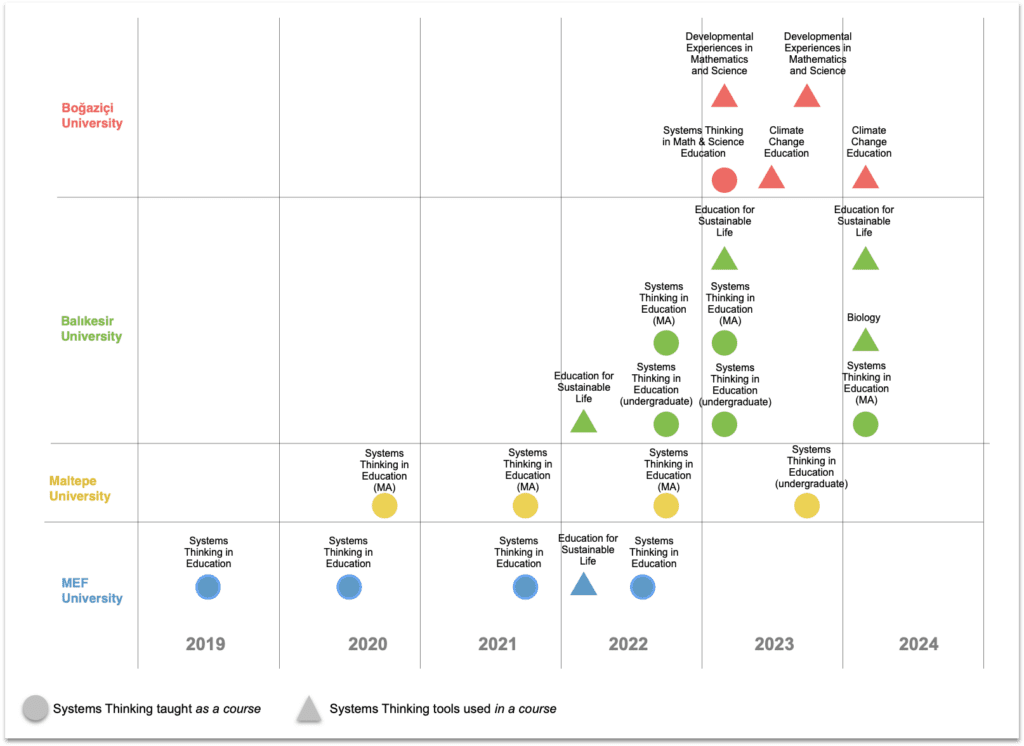 Timeline of courses where systems thinking is/was taught as a separate course (circle) or used as a tool in another course (triangle) by professors of education in Türkiye. Timeline of courses where systems thinking is/was taught as a separate course (circle) or used as a tool in another course (triangle) by professors of education in Türkiye. |
We strongly encourage you to come prepared with questions, contributions, suggestions, and ideas. Your insights will not only enrich the discussions but also provide a platform for collaborative learning and exploration.
We look forward to your active participation in this webinar. Let’s explore the world of systems dynamics together and uncover innovative ways to enhance education.
Best regards – the SIG leadership team.
| Diana Fisher Ülkem Yararbaş Burcu Güngör Cabbar Chang-Kwon (Benjamin) Chung Donald DeLand Ed Gallaher Emre Göktepe Gaye D. Ceyhan |
Matilde (Lin Ya) Hong Meltem C. Alibeyoğlu Prof. Dr. Min-Ren Yan Özgün Kurt Çetinkaya Sena Yıldız Değirmenci Steven Roderick Şebnem F. Gezer |
Welcome (Back) and Networking Session
Please join us online Friday, January 26th 11AM ET (Boston time. Here is a time converter). See the “Join” button at the bottom of this page for the meeting link.
In this Collective Learning Meeting (CLM), WPI System Dynamics, the SDS Economics Special Interest Group (SIG), Psychology and Human Behavior SIG, Environmental SIG, Water SIG and Transboundary Groundwater Resilience (TGR) Network of Networks will co-host a
Welcome (Back) and Networking Session
We will have a round of introductions and then discuss
- Future co-hosted events and SIG sustainability
- International System Dynamics Conference 2024
- Anything else the group wishes
We will not record this session but will take notes and share them. You can view the frequently asked questions (FAQ) from these sessions and more on our website.
If you are interested in presenting your work in a future CLM, please contact Christine Tang (ctang@wpi.edu).
Tentative Schedule
https://wp.wpi.edu/lcsap/events/collective-learning-meetings-clm/
Telephone details: https://mailchi.mp/56da7a870e2d/happy-new-year-wpi-system-dynamics-updates-and-upcoming-events

